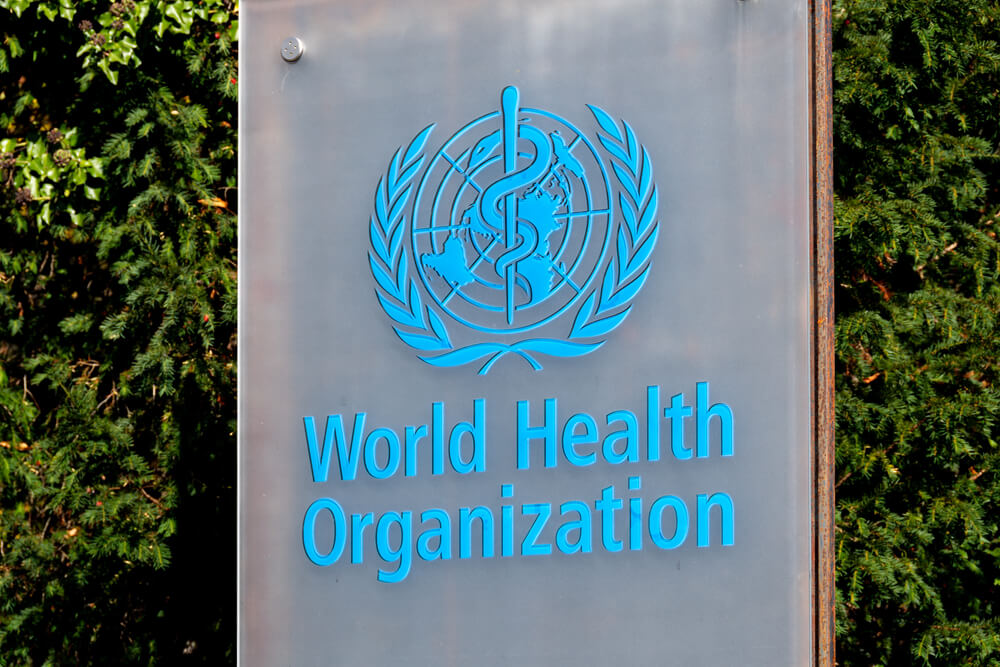After leading the world through a global pandemic for over three years, the World Health Organization (WHO) is under fire again. In an executive order signed on inauguration, the new U.S. Administration has signalled its intention to withdraw from WHO, claiming that it is unduly influenced by China. These assertions, however, ignore a broader historical reality: much of WHO’s early direction was shaped by the United States. Today’s criticisms reflect a wider struggle over the governance of global health, where geopolitical rivalries risk undermining an institution that remains indispensable to international health security.
Canada should stand firm against the assault on WHO.
For over 75 years, the WHO has been the primary coordinating body for global health. It tracks and addresses health crises all over the world, offers cutting edge data and expertise in outbreak prevention and response, and serves as the global technical and political forum for health promotion.
Despite its imperfections, WHO has delivered historic successes, most notably the eradication of smallpox, a disease that once killed millions annually. Such achievements are possible only through the concerted efforts of all nations. The WHO’s ability to function effectively is contingent on broad international cooperation, and any significant withdrawal of support — especially from major funders and global health heavyweights like the U.S. — threatens its capacity to fulfill its mandate.
The U.S. withdrawal from WHO will have severe consequences — not only for global health but also for Canada.
The U.S. and Canada share the world’s longest land border, stretching over 8,000 kilometers. If the U.S. government distances itself from WHO-led initiatives, it willingly accepts the risk of health insecurity. Given the interconnectedness of our two countries, however, any spike in disease outbreaks south of the border, including the ongoing highly pathogenic avian influenza, could spill over, endangering the health of Canadians.
A U.S. departure will also have dire financial consequences for WHO. The U.S. is WHO’s largest funder, and its exit would create a funding vacuum, jeopardizing essential programs such as vaccine distribution, disease surveillance and emergency response operations. The erosion of WHO’s financial stability would disproportionately impact lower-income countries that rely on its technical assistance and support, exacerbating global health inequalities that countries, including Canada, have sought to address.
Given these risks, Canada must use all available diplomatic channels to encourage the U.S. to remain within WHO. Diplomatic pressure and coalition-building with like-minded nations should be prioritized to underscore the importance of WHO, and continued U.S. participation in its activities.
Canada has long positioned itself as an advocate of WHO, and now is the time to draw on that reputation.
While the U.S. has already issued its formal withdrawal notification, they face an unusual legal obstacle: the conditions of withdrawal, set by Congress in 1948, prevent the country from fully disengaging from WHO so long as it continues to withhold its 2024-2025 financial contributions. This creates an opportunity for Canada and its allies to engage with U.S. officials and advocate for re-engagement – or at minimum reduced engagement — rather than withdrawal.
This is not the first time WHO has been accused of political bias.
In WHO’s early years, the Soviet Union and its allies claimed the organization was too influenced by Western powers. In response, Canada’s own Dr. Brock Chisholm, WHO’s first Director-General, opted to keep Soviet nations in an inactive mode rather than severing ties completely. This approach allowed the USSR to maintain a relationship with WHO while expressing its grievances, ultimately leading to its full re-engagement several years later.
The WHO today may benefit from a similar approach — allowing room for U.S. criticism and bravado while remaining open to its future return within the WHO framework.
In the meantime, it is imperative that Canada and other nations step up to fill the leadership vacuum.
While preventing full U.S. withdrawal from WHO should be a priority, Canada must also do more to support WHO and broader global health efforts regardless of U.S. actions. This includes increasing financial contributions to compensate for potential funding gaps, actively participating in WHO-led initiatives, and using its influence to promote inclusive and effective governance within the organization.
Canada can also contribute rhetorically by reaffirming WHO’s role in global health. Words matter in diplomacy, and a strong endorsement from Canada can influence global discourse and counteract narratives that seek to undermine WHO’s legitimacy.
A world without WHO is ultimately a world that is far less secure. Canada must stand firm in its commitment to preserving and strengthening the organization, for its own public health security and for the well-being of the global community.
Photo courtesy of DepositPhotos




